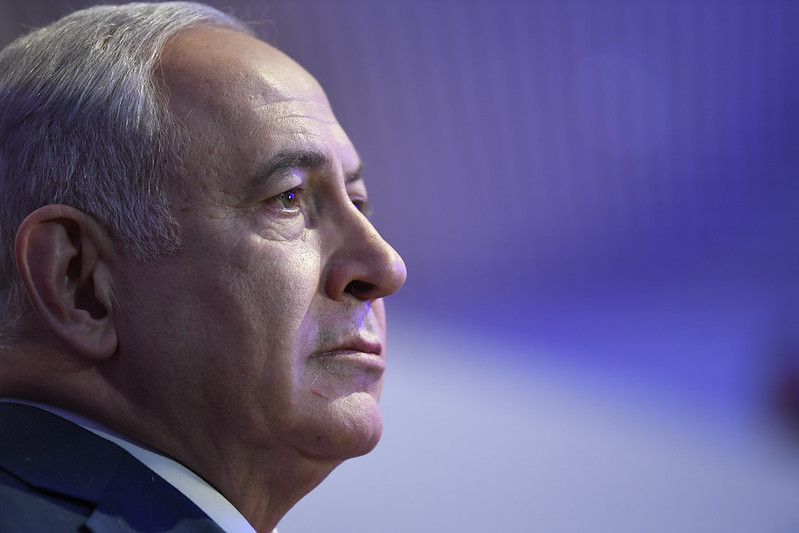Israel has used the captives issue and the Palestinian resistance operation as its pretext for its deadly war waged on Gaza.
Hamas said Israel has been delaying an agreement concerning captives held by the Palestinian faction, accusing it of “stalling” just days after it said Tel Aviv rejected an offer to free two captives.
Speaking on Saturday in a televised speech on Al-Aqsa TV, the spokesperson for the Izz el-Deen al-Qassam Brigades Abu Ubaida said while talks were making progress, they were held back by Israel.
“Communication happened in regards to the prisoners’ file and there was an opportunity to reach an agreement, but the enemy was stalling,” he said.
Abu Ubaida stipulated that the full release of hostages held by the group could only materialise if Israel reciprocated by freeing all Palestinian prisoners.
“The large number of enemy prisoners we have is the price of emptying all prisons of all [Palestinian] prisoners,” he insisted.
Currently, Israel imprisons around 1,264 Palestinian administrative detainees, 5,200 political prisoners, 33 women, and 170 children.
He said Hamas is open to holding discussions about a “partial” agreement over the captives.
“If the enemy wants to end the prisoner file at once, we are ready, and if he wants a path to divide the file, we are also ready,” he added.
His remarks came on the heels of comments from families of hostages, who informed Netanyahu that they were open to an “everyone for everyone” exchange deal.
Last week, Hamas said it offered to release two Israelis but Israel rejected it, labelling it as “mendacious propaganda.” On Monday, the group released the two elderly women on humanitarian grounds, both identified as 79-year old Nurit Yitzhak and 85-year-old Yocheved Lifshitz.
Earlier on 20 October, Qatar’s diplomatic role proved to be successful with the release of two American captives, identified as Judith Raanan and Natalie Raanan—a mother and a daughter, from Hamas.
However, recent developments, including cutting off communications amid an intensified bombardment on the Strip, have made the mediation even more daunting, said Qatar’s Minister of State for Foreign Affairs Dr. Mohammed Al Khulaifi in an interview with Sky News.
“With this bombing continuous every day our task has become even more difficult. But despite that, we remain hopeful, we remain committed to our role,” he said.
Aside from the issue of prisoners, Abu Ubaida also delved into the broader conflict.
He warned that the era of the “collapse of the Israeli occupation entity” has begun and that the Palestinian Resistance had shattered the illusions surrounding the “invincible Israeli Army” and the “mighty Merkava tank.”
Abu Ubaida recounted an incident during the first phase of Operation Al-Aqsa Flood, describing how Palestinian fighters inflicted severe damage on an Israeli force, forcing it to retreat. “
“We want to convey to our enemy that we are impatiently awaiting the opportunity to introduce [its forces] to new forms of demise,” he warned, referring to Israel’s threats of a ground invasion.







